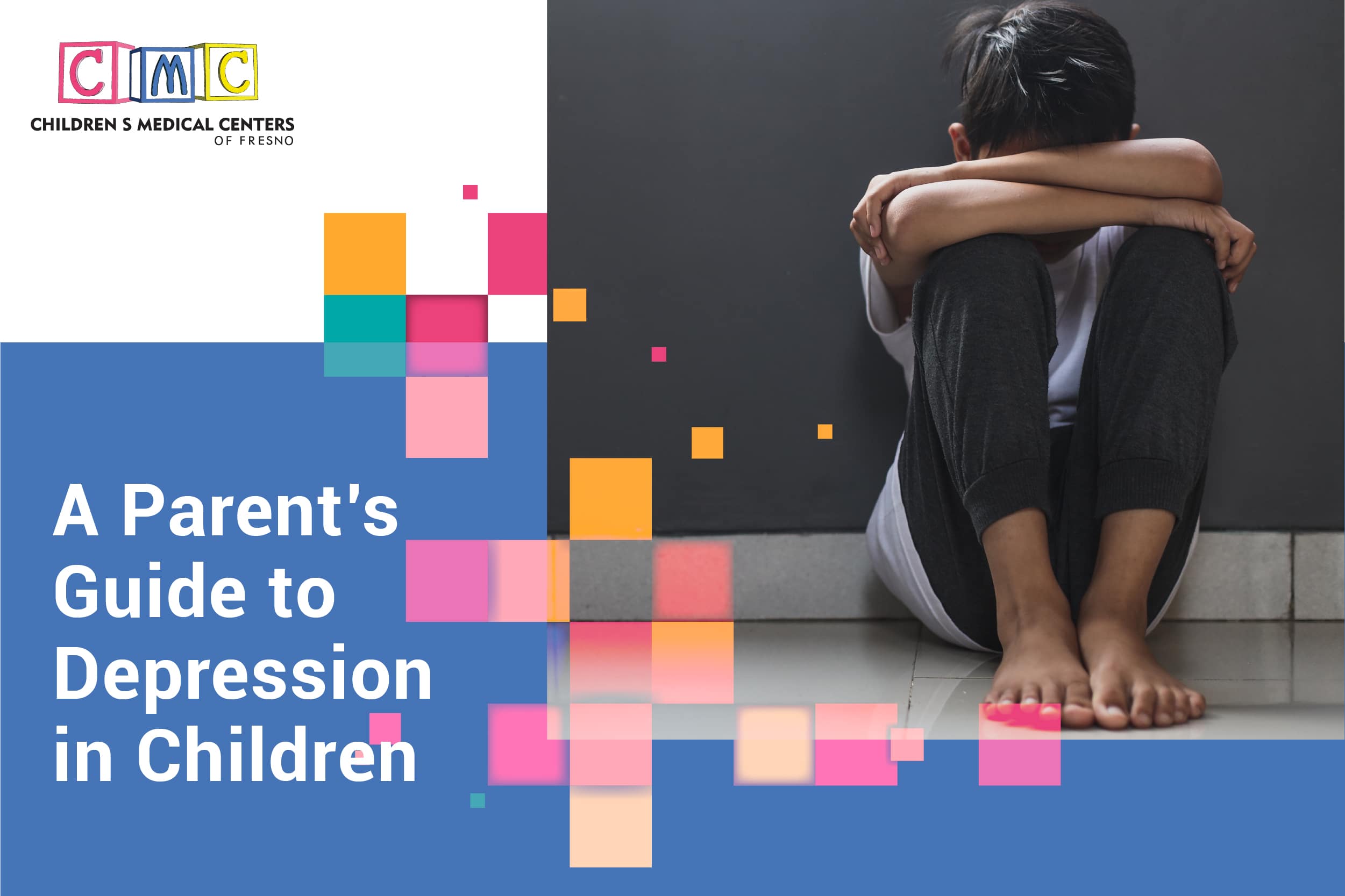
Children’s mental health can be difficult to fully understand. If your child displays signs of depression, you should talk to them about it and help them find the resources they need to improve their mental well-being.
This blog post gives an overview of signs and behaviors your child may show if they are displaying depression so that you know when it’s time to seek professional help. It also includes tips for how parents can best support their children with parental guidance and love during this difficult time.
Experiencing different emotions is a part of being human. Some children feel down or sad at times. Though it may seem worrying to a parent, it is a normal part of growing up, and it can be a natural reaction to what is going on around them. Things often feel better with time and support from close friends and family.
However, when sadness and low feelings persist over a longer time and make everyday life difficult, it may mean something different. This can indicate that they suffer from major depressive disorder, also known as depression. Many people believe that depression affects only adults. The truth is, studies suggest that depression is on the rise among children and adolescents.
In the U.S., up to 3% of children and 8% of adolescents suffer from depression. The condition is more prevalent among boys under the age of 10. However, by the age of 16, girls are more likely to suffer from depression. Nearly 2/3 of children with mental health disorders do not receive the support they need.
The causes of depression in children are similar to those that cause depression in adults, including:
Parents will better support their children during difficult times if they understand the signs of depression. Depression in children can manifest in many different ways. It may include:
It is important to note that not all children will exhibit every symptom. They tend to show different signs at different times and under different circumstances.
The good news is that depression is treatable. When children get the right care, support and treatment, it can help prevent depression from getting worse.
The first step in helping a depressed child is to create an environment where communication is easy and natural for both of you. Try asking questions like “How was your day?” or “What did you do today?” You’ll never know until you ask. Listen to your child without interrupting, passing judgment, or jumping to provide advice. Instead, show them you care about their struggles and that you’re there to help. Offer your support, comfort, and love without becoming too pushy. If they need space, give it to them. Just let them know you are there when they need someone.
Engage your child in activities you can both enjoy. Play a game, cook together, watch movies or go for a walk. These activities can boost positive moods. Whenever your child behaves in a moody or difficult manner, keep your patience. Don’t use unkind words that shame or ridicule them. The best way to guide your child to better behavior is to connect with them in a calm, supportive manner. Avoid being excessively critical of them. Instead, focus on the positive things they do.
Besides getting the right treatment, healthy living can also help alleviate depression or symptoms. Here are some habits you can adopt:
Getting treatment for depression starts with talking to a healthcare professional such as a pediatrician or a mental health professional, to arrange an evaluation. An accurate diagnosis and treatment will be possible with a thorough evaluation.
Apart from their treatment providers, don’t forget to work with helpful people or resources. Keep in mind you don’t have to deal with this alone. If your child refuses to talk to you, encourage them to talk to other adults – family members, friends, or other trusted adults. Here are other people or groups who can help you during this time:
Work with your child’s treatment provider to create a plan that suits their needs. Be sure to follow through with recommended treatment. Among the possible treatments are:
-This type of therapy focuses on processing emotions and experiences, identifying areas for improvement, and implementing positive steps to improve mental health.
Children are not alike, so stay patient and create a safe environment for your child during the treatment process. Furthermore, depression treatment can be lengthy and involve some trial and error. It may be necessary to try out several of these resources to find the one that suits your child’s needs and your financial situation.
Throughout this post, we’ve shared insights and resources to help parents support children struggling with depression. If you want more information about how CMCFresno can be an additional resource for your family, please don’t hesitate to call us at (559) 455-1500 or schedule an appointment online by clicking here.